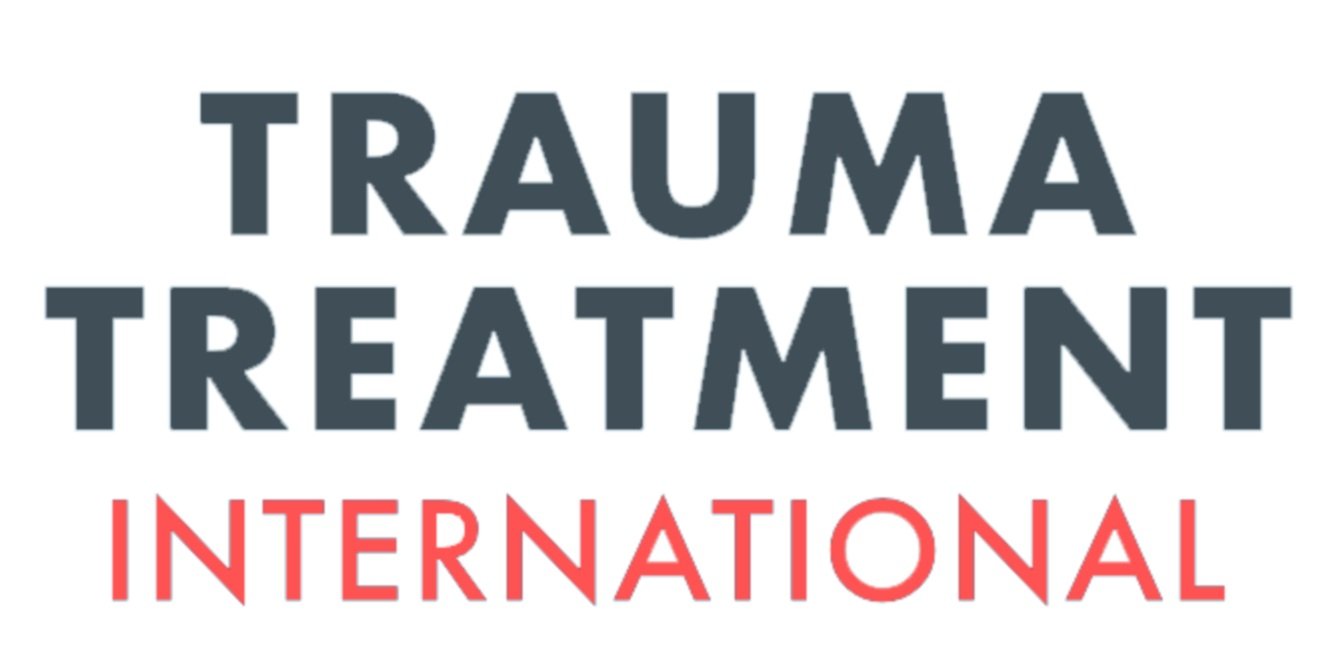Bellingcat staff to benefit from TTI’s expert psychological services
Trauma Treatment International is to provide psychological support to staff of investigative journalism site Bellingcat, helping them deal with their exposure to violent content.
The collective, which has 20 full-time staff and more than 30 contributors around the world, launched in 2014 to probe a variety of subjects using open source and social media investigation.
These have included the poisoning of MI6 double agent Sergei Skripal and his daughter Yulia in Salisbury, the death of Venezuelan rebel leader Óscar Alberto Pérez, and the attempted murder of Russian politician Alexei Navalny. The group is currently working to gather evidence of war crimes in Ukraine as the conflict continues.
Trauma Treatment International’s CEO Quen Geuter said: “Bellingcat’s vital investigative work can include dealing with traumatic material like images of injury, death or sexual assault. Staff can also find themselves the subject of online harassment and abuse which can be very disturbing.
“Left unchecked, this exposure can lead to conditions like burnout, post-traumatic stress disorder, depression and generalised anxiety. As a trauma-informed organisation, Bellingcat understands that it needs to take a preventative approach to vicarious trauma through help from our experts.”
TTI’s clinical psychologists are experienced in working with trauma caused by exposure to violent content, in particular within the context of human rights infringements. As part of the partnership with Bellingcat, they will lead initial check-ins with 20 staff members to assess their mental wellbeing, and offer advice on coping with workplace stressors.
Staff can then request two further sessions if they feel they need follow-up support, while the clinical team will provide help to anyone showing signs of PTSD or needing additional treatment.
Quen added: “The war in Ukraine is having a negative effect on the mental health of many of us as we watch in horror from the sidelines. For the Bellingcat team-members, who are delving even deeper into the human toll of the war, this impact is far greater.
“The support of our clinical psychologists will be extremely valuable for them, helping to prevent serious mental health challenges from arising in the future.”
A depiction of Bellingcat’s investigation into the killing of Colombian protester Lucas Villa
Bellingcat senior investigator Nick Waters said: “Bellingcat has never been a single monolithic body, but rather a network of those passionate about holding perpetrators to account. Ultimately we have reached where we are because of the passionate and driven people who look at a story and work out how to get to the bottom of it.
“Bellingcat knows that to keep producing the stories that we're known for, we need to appropriately support those who investigate them, and as such we're proud to work with TTI on this subject.”

